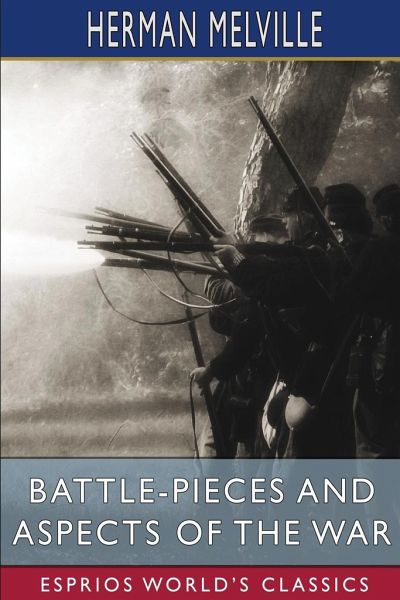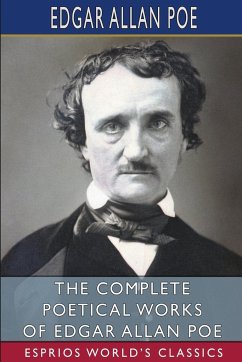
Battle-Pieces and Aspects of the War (Esprios Classics)
Versandkostenfrei!
Versandfertig in 1-2 Wochen
20,99 €
inkl. MwSt.

PAYBACK Punkte
10 °P sammeln!
Battle-Pieces and Aspects of the War (1866) is the first book of poetry published by the American author Herman Melville. The volume is dedicated "To the Memory of the Three Hundred Thousand Who in the War For the Maintenance of the Union Fell Devotedly Under the Flag of Their Fathers" and its 72 poems deal with the battles and personalities of the American Civil War and their aftermath. Also included are Notes and a Supplement in prose in which Melville sets forth his thoughts on how the Post-war Reconstruction should be carried out. Critics at the time were at best respectful and often sharp...
Battle-Pieces and Aspects of the War (1866) is the first book of poetry published by the American author Herman Melville. The volume is dedicated "To the Memory of the Three Hundred Thousand Who in the War For the Maintenance of the Union Fell Devotedly Under the Flag of Their Fathers" and its 72 poems deal with the battles and personalities of the American Civil War and their aftermath. Also included are Notes and a Supplement in prose in which Melville sets forth his thoughts on how the Post-war Reconstruction should be carried out. Critics at the time were at best respectful and often sharply critical of Melville's unorthodox style. The book had sold only 486 copies by 1868 and recovered barely half of its publications costs.















